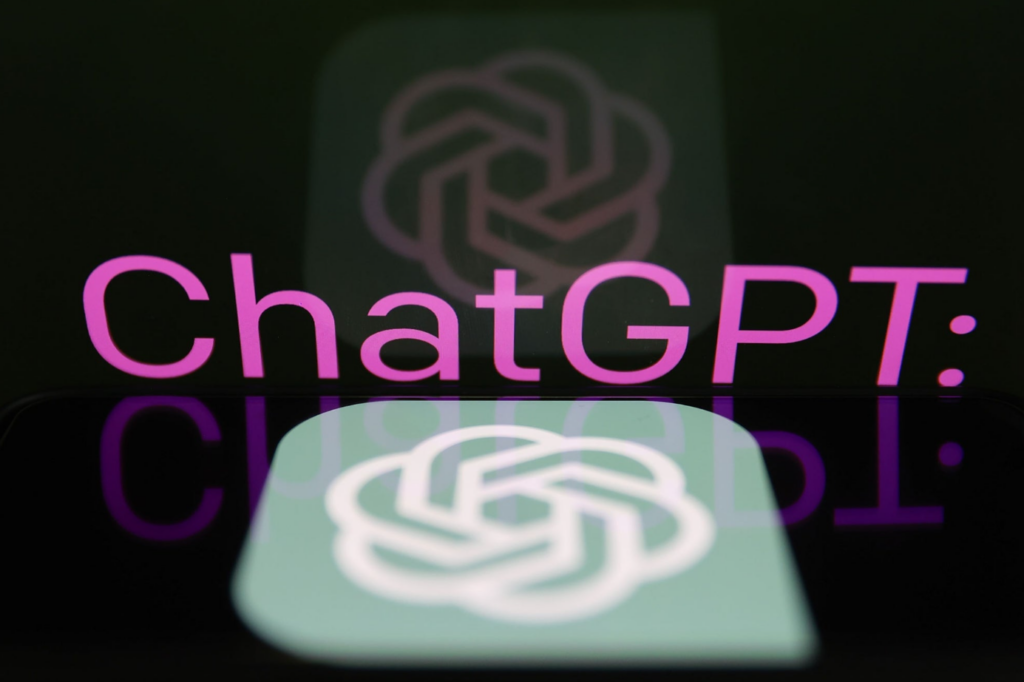
More individuals are trying artificial intelligence. Free AI ChatGPT is the fastest-growing consumer app ever.
These technologies can boost productivity, but they also pose legal hazards, especially when used in the workplace and without employer supervision.
At Work
Many workplaces can employ this technology:
- Client service
ChatGPT may be trained to answer frequently requested queries quickly and accurately. This may minimize customer support staff time, accelerate answers, and improve customer experience.
- Document analysis
ChatGPT analyzes and summarizes huge documents. This can speed up data identification and decision-making.
- Writing aid
ChatGPT helps employees compose emails and notes quickly and concisely.
- Knowledge management
ChatGPT can build an employee knowledge base. This can assist new hires learn corporate policies and help current employees find information fast.

Risk Management
Employers must recognize the hazards of generative AI. Limiting liability:
- Make a rule
AI policy. Define what information can and cannot be shared using these technologies, who is permitted to use them, and limit access to personnel who require them.
- Offer training
Train staff on generative AI use. This covers risk assessment and legal avoidance.
If your organization handles HIPAA-protected or other sensitive data, confidentiality and privacy training is essential. Retrain staff on intellectual property and sensitive corporate information.
- Ethics and regulations
If your profession has regulations or a code of ethics, you should assess them in light of this new technology and customize them to your business’s needs and your state’s laws.
- Track usage
To comply with corporate regulations and the law, supervise employee usage of generative AI through software or audits.
- Disclosure and consent
If your organization allows staff to utilize generative AI, examine if consumers need informed written consent.
- Avoid unscrupulous workers
Use noncompete, nonsolicitation, confidentiality, and other agreements to prevent rogue employees from sharing secret information using generative AI or using their newfound free time to behave disloyally.
Legal advice: Finally, engage legal advice to verify your policies and processes conform with laws and regulations.
Legal issues aside, generative AI can boost corporate efficiency and production. Employers can minimize their responsibility and assure proper use by creating explicit rules and training, monitoring usage, and working with legal counsel.
